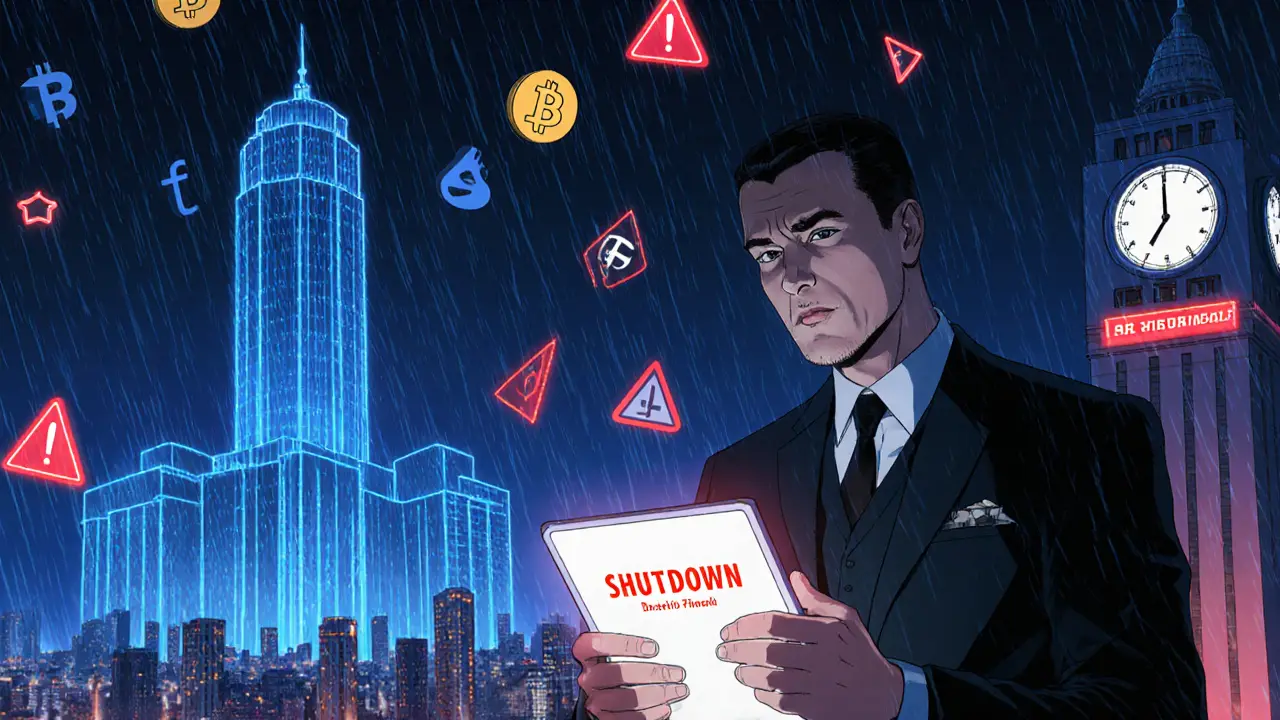Iran Crypto Exchange Restrictions
When dealing with Iran crypto exchange restrictions, the rules that limit how residents can access, trade, or list digital assets on domestic platforms. Also known as Iranian crypto bans, it shapes the entire crypto ecosystem in the country. These limits cover everything from local exchange licensing to cross‑border fund flows. The government’s stance forces traders to look for workarounds, and that’s why you’ll see a lot of talk about VPNs, offshore services, and unofficial markets.
One of the most common ways people keep trading is through VPN crypto Iran, virtual private networks used to mask IP addresses and bypass local internet filters. The tool itself isn’t illegal, but authorities have started cracking down on suspicious VPN traffic linked to crypto activity. This creates a new layer of detection risks, the chances that a user’s VPN usage will be identified and penalized by regulators. In short, Iran crypto exchange restrictions push traders toward VPNs, and the more you rely on them, the higher the chance of being flagged.
How Local Platforms Like Nobitex Fit Into the Picture
Another key player is Nobitex, one of Iran’s largest cryptocurrency exchanges that operates under strict local oversight. Nobitex tries to stay compliant by limiting fiat‑to‑crypto pairs and monitoring user activity closely. When the government tightens the rules, Nobitex must adjust its KYC procedures, restrict certain tokens, or even pause services temporarily. This ripple effect shows how exchange restrictions influence the entire market, forcing both users and the platform to adapt quickly.
Because of these constraints, crypto trading Iran, the act of buying, selling, or swapping digital assets while residing in Iran often looks very different from trading elsewhere. Traders juggle multiple VPN providers, monitor local news for sudden enforcement actions, and keep an eye on exchange announcements for any service interruptions. The interplay between government policy, VPN usage, and exchange behavior creates a constantly shifting environment.
Understanding this ecosystem helps you stay ahead of the curve. You’ll learn why certain tokens disappear from local listings, how to spot a VPN that’s less likely to trigger detection, and what signs indicate that an exchange like Nobitex is about to change its terms. The articles below dive into the technical side of Bitcoin’s P2P network, detail VPN detection risks, and break down the latest enforcement actions, giving you a toolkit to navigate the restrictions safely.
Ready to see practical advice, real‑world examples, and step‑by‑step guides? Scroll down to explore the full collection of posts that unpack the challenges and workarounds around Iran’s crypto exchange restrictions.
- October 7, 2025
- Comments 20
- Cryptocurrency

